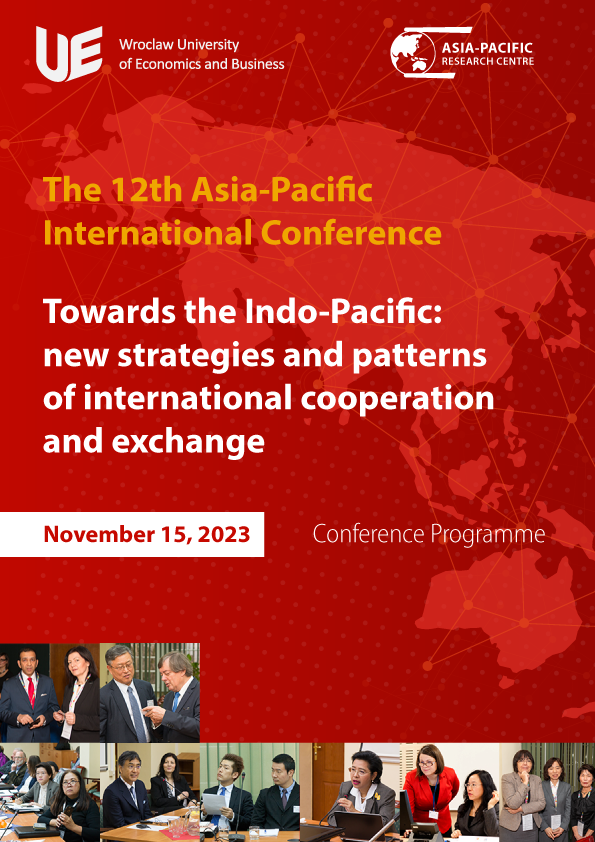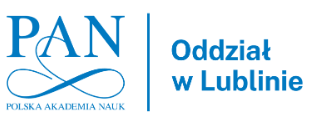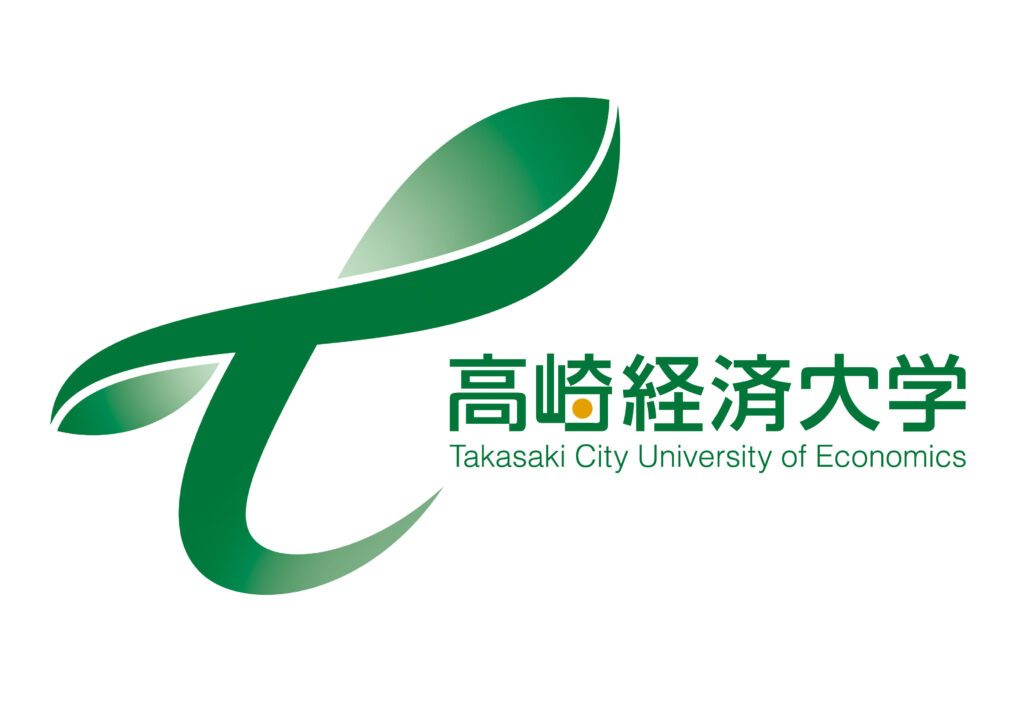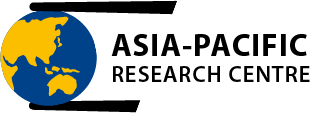Proposals of thematic areas for conference participants submitting their papers for the 13th Asia-Pacific International Conference Navigating Global Risks: The Role of Cooperation in the Indo-Pacific’s Future.
Economic Risks
- impact of major economic powers’ internal policies (e.g., the United States, China, the European Union) on regional and global economic relations
- changes in international trade dynamics (evolution of trade, protectionism, disruptions in global value and supply chains)
- financial stability and investment flows
- economic development and inequalities
Political Risks
- global and regional tensions and conflicts challenging national and international security
- assessment of political instability risks and ways to stabilize the system
- shifts in the political power landscape
Environmental-Energy Risks
- climate change and natural disasters, increasingly impacting societies regionally and globally
- sustainable resource management, including water, forests, and fisheries
- energy transition towards renewable energy sources
Conference assumptions
In recent years, the global economy has encountered significant shocks. The COVID-19 pandemic directly and indirectly impacted economies, societies, and politics. The rapid increase in infection rates was met with diversified responses in the Indo-Pacific region, including various containment measures and even strict nationwide lockdowns. With the widespread dissemination of vaccines, the intensity of the pandemic has subsided. However, after a brief period of “relaxation” in the global economy, another event that disrupted the international order occurred, namely the Russian-Ukrainian war. Although the war directly involves two countries, it indirectly influences the global economy – for example, global value and supply chains have been disrupted again and are currently reconfiguring. The result was yet another global economic slowdown accompanied by persistent inflationary pressures, including higher food and energy prices. Inflation and higher interest rates in advanced economies affected capital flows and local currencies. In general, Asia and Pacific countries have been relatively resilient in the face of global uncertainty.
Nevertheless, the region is currently faced with certain threats and risks. Escalating conflict and geopolitical tensions could further disrupt supply chains and amplify commodity price volatility. Trade and shipping routes have already been disrupted due to ongoing conflicts in the Middle East, which led to the re-routing of cargo ships to avoid the area and increased shipping costs. The process of the global economy fragmenting, regional productivity growth and potential output general retreat from global rules, protectionism on the rise, and reconfiguring of the global supply chains, which can take time – all of these increase uncertainty in trade and investment. Demographic changes and population ageing also strain public finances, hindering productivity growth and potential output in the region. Climate change remains an essential challenge to the area as it causes more frequent extreme weather events, threatening production, especially in agriculture, mainly affecting low-income economies. It could raise commodity prices and culture, which particularly affects low-income economies. It could raise commodity prices and exacerbate food insecurity.
It is vital to examine the current situation and its possible outcomes, identify opportunities to improve the situation and find ways to mitigate the risks.
The aim and scope of the conference
The 13th Asia-Pacific International Conference Navigating Global Risks: The Role of Cooperation in the Indo-Pacific’s Future focuses on identifying and proposing solutions to the most significant problems and challenges faced by countries, national economies, integration groups, and enterprises in the context of increasing economic, political, and environmental-energy risks on a global and regional scale.
The Department of World Economy and European Integration at Maria Curie-Sklodowska University and the Asia-Pacific Research Centre at the Wroclaw University of Economics and Business, together with its partners, would like to invite submissions of completed manuscripts, research-in-progress papers, panel proposals, workshops, and tutorial proposals addressing the economic, social, and political issues connected to the challenges being faced by Indo-Pacific region.
Conference history
The beginnings of our conferences date back to 2008 when we invited researchers and practitioners who focus on the Asia-Pacific region to the Wroclaw University of Economics and Business for the first time. From that moment on, economists, political scientists, diplomats, members of the business community, and entrepreneurs have established a platform for discussions and deliberations about the current trends and phenomena occurring in that region and shaping the global economy. During our Asia-Pacific conferences, we hosted many honorable guests, among them the Ambassadors of New Zealand: Mrs. Ruth Pearce (2010, 2011), Alana Hudson (2021, 2022, 2023), the Ambassador of Australia, Mrs. Jean Dunn (2012), the Ambassador of the Republic of Korea Mr. Ji-in Hong (2014), the Ambassador of the Republic of the Philippines, Mrs. Patricia Ann V. Paez (2014), the Ambassador of India, Mr. Ajay Bisaria (2015), the Ambassadors of Japan: Mr. Makoto Yamanaka (2011), Mr. Shigeo Matsutomi (2016), Mr. Akio Miyajima (2021, 2022), the Ambassador of Indonesia Mrs. Anita Lidya Luhulima (2023) and the representatives of the European Commission: Mr. Alain Ruche (2011), Mr. Filip Grzegorzewski (2022) and Mr. Richard Tibbels (2023), as well as representatives of the Polish government and the Polish diplomatic service and many experts from different scientific centers around the world and Poland. You are cordially invited to join us on the occasion of the 13th edition of our event.
Department of World Economy and European Integration
The Department of World Economy and European Integration is a part of the Institute of Economics and Finance at the Faculty of Economics of Maria Curie-Sklodowska University in Lublin, Poland. The scientific and teaching activities of the Department members focus on the most important phenomena and processes occurring in the global economy and its various regions. The geographical scope of the research covers the entire world, with particular emphasis on the European Union. Some staff members specialize in studying East Asia and Indo-Pacific regions. They examine the economic development processes of individual countries, regional economic integration processes, as well as trade, capital, and production links between East Asia and other entities in the global economy. Specifically, the relationships between East Asia and Europe are analyzed. As part of international cooperation, between 2019 and 2022, the Department’s staff took part in the EACEA project: Establishing a Europe-Asia Research Network on Strategies for Promoting Europe-Asia Connectivity (SPEAC) under the Erasmus+ Jean Monnet Network program.
The Asia-Pacific Research Centre
The Asia-Pacific Research Centre is a research unit at the Wroclaw University of Economics and Business. Its primary objective is to initiate and conduct interdisciplinary research projects addressing issues concerning the Asia-Pacific region and its relations with Europe. Moreover, the APRC works on establishing and sustaining the network between the University and the Asia-Pacific region and European research institutes, non-governmental organizations, and public institutions. Regarding the academic mission to share knowledge and expertise, the APRC cooperates with members of the Asia-Pacific business community operating in Poland (especially in Lower Silesia) and the Polish and European entrepreneurs conducting their business activity in the Asia-Pacific countries. The APRC members prepared many analyses concerning the Asia-Pacific markets, including specialist reports for the Polish Information and Foreign Investment Agency (currently the Polish Investment and Trade Agency). Moreover, in 2019, with the support of the INTEREKON program and in cooperation with the Takasaki City University of Economics, the APRC established the Polish-Japanese interdisciplinary research team.














